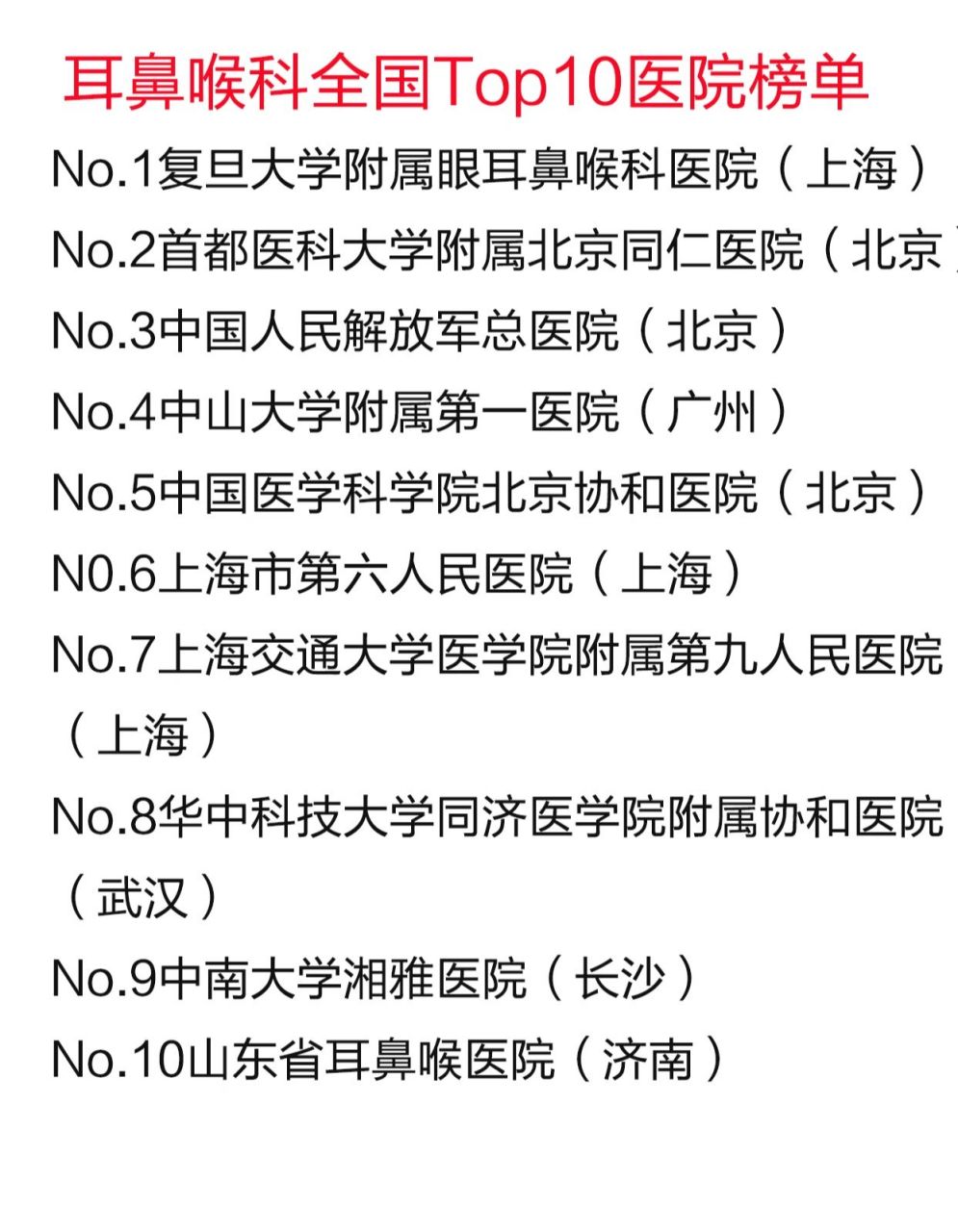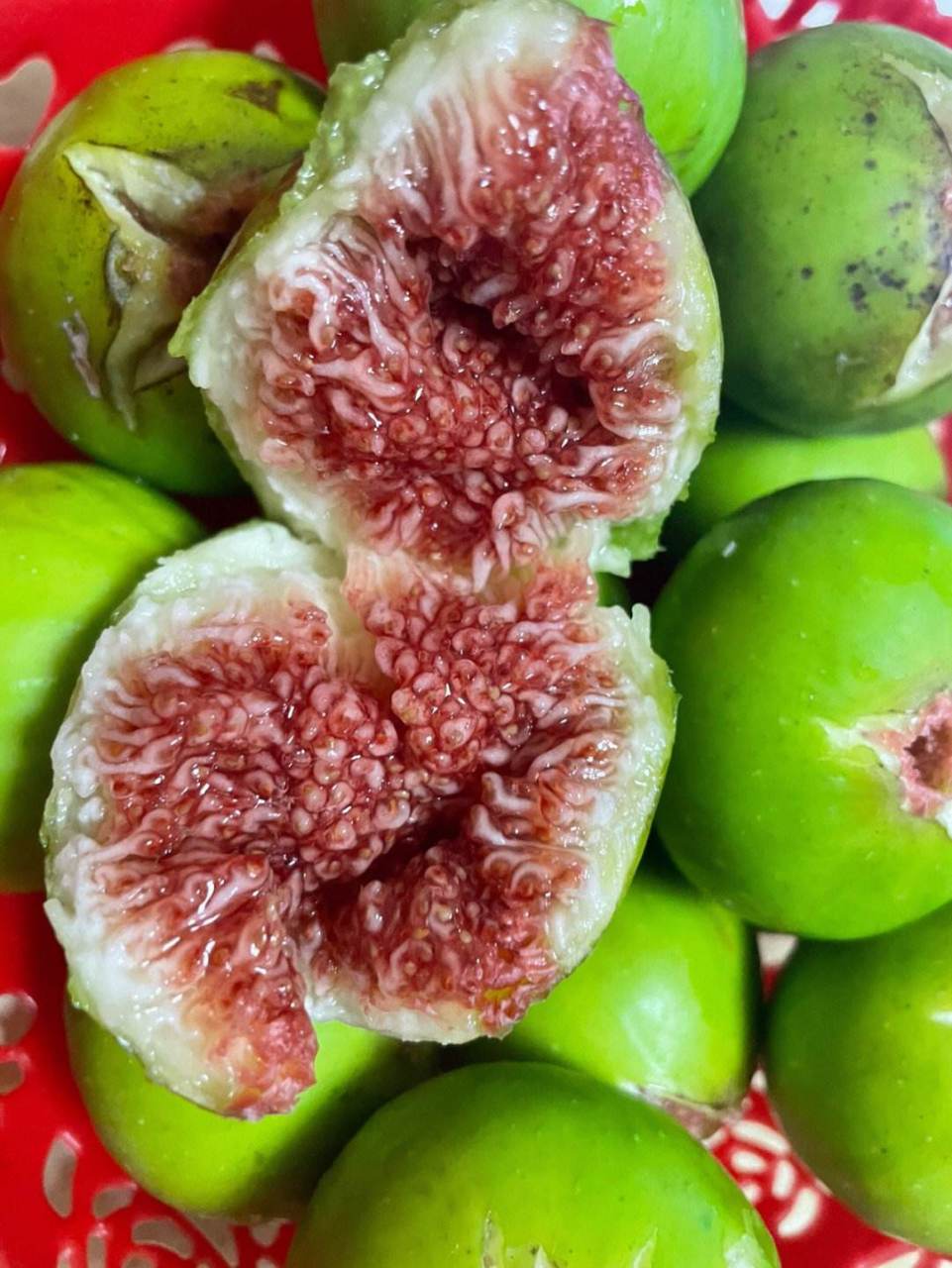
The treatment of internal hemorrhoids (内痔) typically depends on the severity of the condition and the presence of symptoms. Here’s an overview of treatment options:
1. Conservative Treatment:
- Dietary Changes: Increase fiber intake to soften stools and prevent constipation, which can exacerbate hemorrhoids. Foods high in fiber include fruits, vegetables, and whole grains.
- Hydration: Drink plenty of water to help prevent constipation and keep stools soft.
- Sitz Baths: Soaking the anal area in warm water for 10 to 15 minutes several times a day can help reduce inflammation and provide relief.
- Topical Medications: Over-the-counter creams, ointments, or suppositories containing hydrocortisone or witch hazel can help alleviate itching and discomfort.
2. Medical Procedures:
- Rubber Band Ligation: A rubber band is placed around the base of the hemorrhoid, cutting off its blood supply. The hemorrhoid then shrivels and falls off within a few days.
- Infrared Coagulation: Heat is applied to the hemorrhoid, causing it to shrink.
- Sclerotherapy: A chemical solution is injected into the hemorrhoid, causing it to shrink.
3. Surgical Options:
- Hemorrhoidectomy: For severe or persistent hemorrhoids, surgical removal may be necessary. This is typically done under general anesthesia.
4. Lifestyle Modifications:
- Regular Exercise: Engage in moderate physical activity to promote bowel movement and reduce straining during defecation.
- Avoid Prolonged Sitting: Sitting for extended periods can increase pressure on the anal veins. Take breaks and move around regularly.
It’s important to consult a healthcare professional for proper diagnosis and personalized treatment recommendations, as the approach may vary based on the individual’s specific condition and symptoms.












